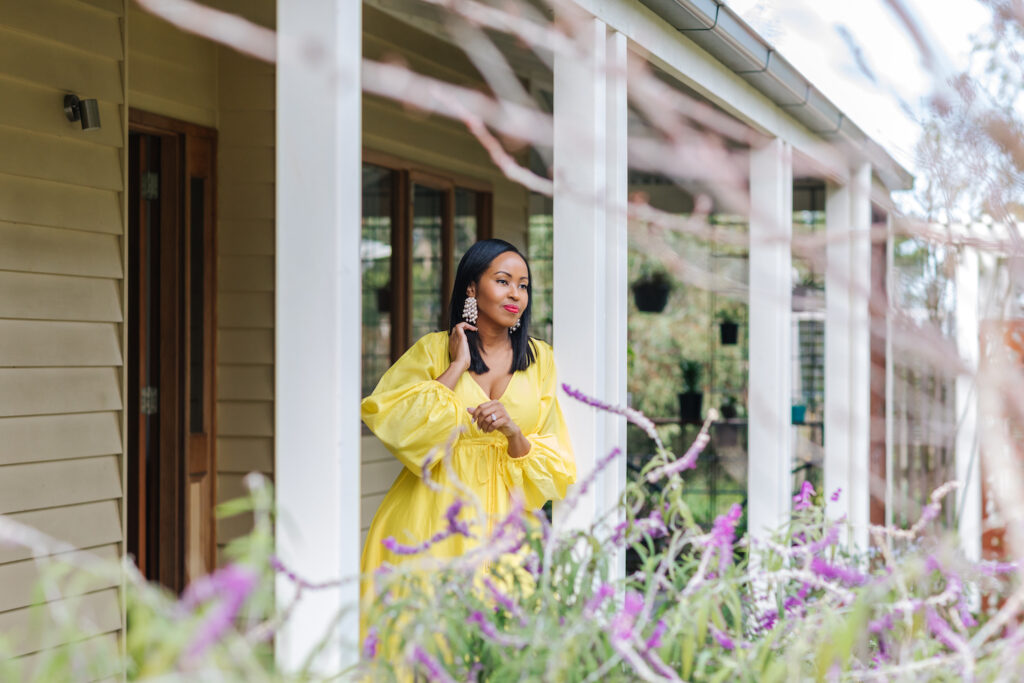
Allyship is a topic that often comes up in conversations about racial equity. Many online business owners have questions about how to avoid performative allyship, which can often result from fear of saying the wrong thing or coming across as inauthentic. The privilege of not having to engage in this work or prioritise it can be a significant reason why some don’t take the necessary steps. However, being an ally is an essential aspect of the coaching industry and must be taken seriously. In this blog post, we will examine some of the allyship mistakes coaches make and how they can avoid them.
Before we dive into the mistakes, let’s define allyship. An ally is someone who uses their power and privilege to advocate for people with marginalised identities, even if it costs them their power and privilege. Unfortunately, many coaches struggle with this concept because they are not willing to put their power or privilege on the line, which has benefited them greatly in their businesses. Still, many vocal and active allies exist in the online coaching industry who do an excellent job, even when they make mistakes, as they keep showing up.
However, many coaches have fallen into the habit of performative allyship, and the following mistakes are commonly observed:
1️⃣ Supporting people of colour without acknowledging the racial/cultural differences that exist
To better support clients of colour, coaches must recognize the differences between themselves and their clients. Taking the time to unpack their biases and privilege will put them in a better position to help their clients of colour. Many people of colour struggle with their mindset, particularly because they are often underrepresented in their spaces. Coaches need to check in on their clients through the lens of racial inclusion to create a safe space for them to thrive.
2️⃣ Not being in continuous learning
Racial equity work is ongoing, and coaches must invest time in continuous learning. A course taken in 2020 or 2021 is not sufficient for long-term success. Coaches must be plugged into the work, as inclusion work is linked to business sustainability and profitability.
3️⃣ Creating spaces where people of colour don’t feel safe to speak up
Coaching spaces should be safe and inclusive for all clients. People of colour still feel unsafe in coaching spaces, especially when the coach doesn’t acknowledge the racial differences and their impact on how clients of colour show up and perform. This mistake is closely tied to the first mistake. When coaches don’t address their biases and privilege, it results in a lack of safe spaces for clients of colour. Coaches must create a safe space for clients of colour to show up boldly and achieve the desired results, which are directly tied to their households’ and communities’ betterment and advancement.
4️⃣ Virtue signalling
Virtue signalling is saying the “right” things and having the “right” words on your platform but not embodying the work required to hold space. This mistake is counterproductive to racial equity work. Being honest with oneself and recognizing the areas where support is needed is a good start. Taking baby steps that may be initially wobbly is essential to grow racial awareness and stamina, just like a muscle that needs exercise.
5️⃣ Practising inclusion as a last resort
Scholarships, as a last resort to fill up remaining spaces, or asking scholarship applicants to compete for the spots, is not inclusive. It sends the message that inclusion is an afterthought. Coaches must ensure that scholarship recipients feel included and are given the necessary support to thrive within their programs. This includes onboarding, partnering them with an accountability buddy, and providing group support when they start getting visible.
To avoid these mistakes, coaches must invest time in continuous learning. This does not necessarily mean spending money; it requires support, a space to unpack implicit biases hat constantly get in the way and block the progress and reach you want to make when it comes to having a deeper impact as a coach to your clients. It requires commitment to your learning because this is not work you can half ass your way through. When you do, it shows and we see it.
Effective allyship as a coach is one of the tools that will support you to reach more ideal clients, hold safer space and grow a community that is genuinely racially diverse and equitable.
If you’d like to dive deeper into what Allyship In Action looks like and harness the true essence of creating racially inclusive spaces, check out my masterclass below.
With Love,
Annie
Here are some other ways I can support you:
👉🏾 Want a private space where you can unpack what’s coming up for you as a coach as you dive into racial equity work? Book a 1:1 consultation.
👉🏾 Want to take your allyship to the next level and help your clients in the process too? Book me to come in as a masterclass guest teacher for your group program.

